STEAMing into the School Year with Debug’d with Cubelets - Inclusive Coding Kit

Teachers across the country have been preparing for the new school year and are thinking about fun and engaging ways to deliver STEAM education to their students. They understand that engaging in STEAM education allows students to develop the critical and transferable skills they need to meet the demands of today’s society.
Bridges has developed a series of inclusive coding kits to ensure that ALL students, including those with complex learning needs, are meaningfully involved in the important learning experiences that coding offers.
Our most recent kit, debug’d for Cubelets, has a particular focus on STEAM education skills.
First, a little background…the problem:
Debug’d Inclusive Coding kits were born from what we, at Bridges Canada, believed to be a very big problem in classrooms across the country. Even though coding is increasingly recognized as an important part of the curriculum, not all students are being included.
Unfortunately, the design of many applications limits meaningful participation of many students:
- those with complex learning needs,
- who are new to learning English
- those with fine motor challenges.
And so, teachers often assign these students to passive roles where they watch their peers engage in fun coding activities, playing the role of the ‘end user’. In too many cases, these students were excluded entirely from the fun and learning.
But we believe that ALL students deserve to be creators and can be!
Another challenge we noticed, was that many teachers, themselves, were new to coding and were feeling ill-equipped to deliver instruction to all students.
Add to that, the need to adapt materials and strategies to include all students, and it quickly became clear that teachers would also benefit from some scaffolding.
We were determined to tackle these problems. We believe that, with the appropriate supports, strategies and scaffolding, ALL students can learn to code and their teachers can feel comfortable delivering this type of instruction.

The solution: Inclusive Coding Kits!
We developed a series of inclusive coding kits that incorporate the principles of universal design so that the needs of all students are considered right from the beginning.
We developed a series of inclusive coding kits that incorporate the principles of universal design – debug'd! With debug’d the needs of all students are considered in the design of the curriculum, itself .
Why debug’d with Cubelets?
Cubelets are chunky magnetic blocks that can sense, think and act.

A way for all students to engage in STEAM activities, through hands-on experimentation, Cubelets provide an alternate way to approach learning by utilizing new tools and resources to tackle challenges and reach solutions.
Cubelets provide important opportunities for students to develop:
- computational thinking
- design thinking
- innovating
- using the scientific method,
- inquiry skills and
- engineering design skills.
When students create and learn through hands-on experiences, they feel empowered and see themselves as inventors, builders, and creators. Such experiences provide increased confidence and a wide range of other benefits.
Debug’d: Cubelets :
Foster innovation

Cubelets size and magnetic connections make it possible to build countless robot creations. The debug’d kit has lots of elegant solutions for increasing accessibility.
Using a cookie sheet for storage (with or without braille labels) and/or for stabilizing robots as they are built.
The debug’d kit resources are the product of a UDL approach, and the Cubelet set includes cubes with auditory feedback as well as concrete, visual displays for measuring data strength.
Move understanding from abstract concepts to real world contexts

debug’d lessons support connections to or building of background knowledge prior to introducing new skills.
Some lessons challenge students to build robots that mimic technology they experience in their lives (vehicles, light houses, alarms).
The reflection at the end of the lessons, as well as the extension activities, link new coding concepts to activities of daily living and to real world technology.
Support design thinking and use of scientific method

Through planning, testing, evaluating and modifying (known as debugging in coding) participants learn that failure is a fun and essential learning experience!
Debug’d kits concrete planning blocks and reference materials help with this essential process. Activity sheets in each lesson support documentation of students’ thinking, facilitating their debugging and finally, reflecting and sharing.
These materials support students to think critically and effectively problem solve as they practice and apply new concepts.
Facilitate collaboration, oral and written communication, social skills and leadership

Students work in small groups, sharing Cubelets and some of the debug’d resources.
Lessons include individual, small group and large group activity. Tip sheets support communication challenges such as:
- resolving differences of opinion,
- providing positive feedback,
- sharing of materials.
These, as well as the student activities, come in a variety of formats, both digital and print, to ensure that all students have access.
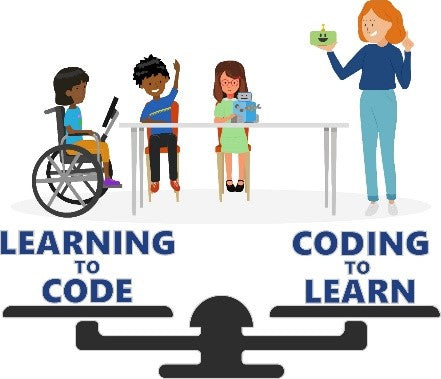
While working with Cubelets, students learn about important STEAM and learning to code skills, such as:
- robots
- sequencing
- the importance of position and orientation
- debugging
- data flow
- averages and weighted averages.

But they also learn vital coding to learn skills, such as perseverance, collaboration, the use of positional language, problem solving, categorization, communication and more!
Teachers new to Cubelets will appreciate:
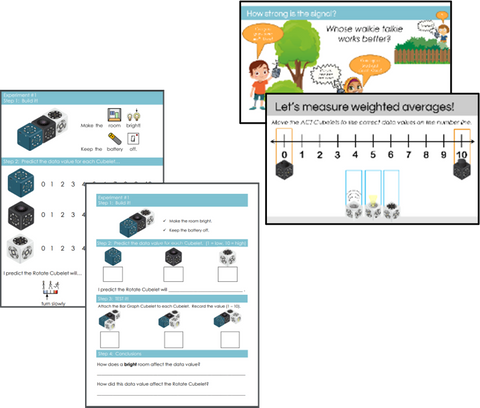
- Detailed lesson plans that break coding skills into small manageable steps and that use explicit instruction and opportunities for exploration and experiential learning
- Lesson slides to guide concept development
- Adapted instructional materials to support whole class, small group, and individual instruction
- Student materials that provide scaffolding for different levels
- Adapted materials to support alternate access

To learn more about how you can include ALL students in STEAM education, check out our webinar, STEAMing into the School Year with Debug’d Coding.
Visit debugd.ca and request a set of sample materials.
- Christy McDonald

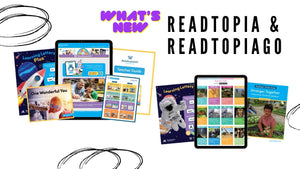
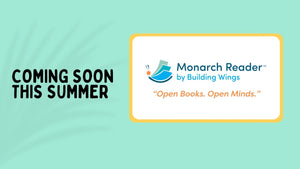

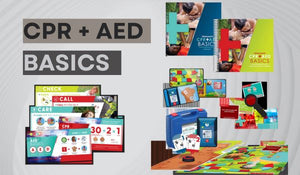
Comments 0